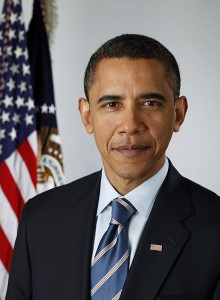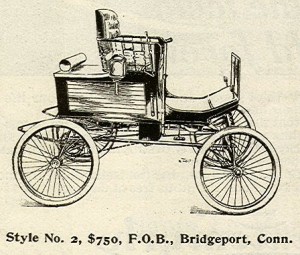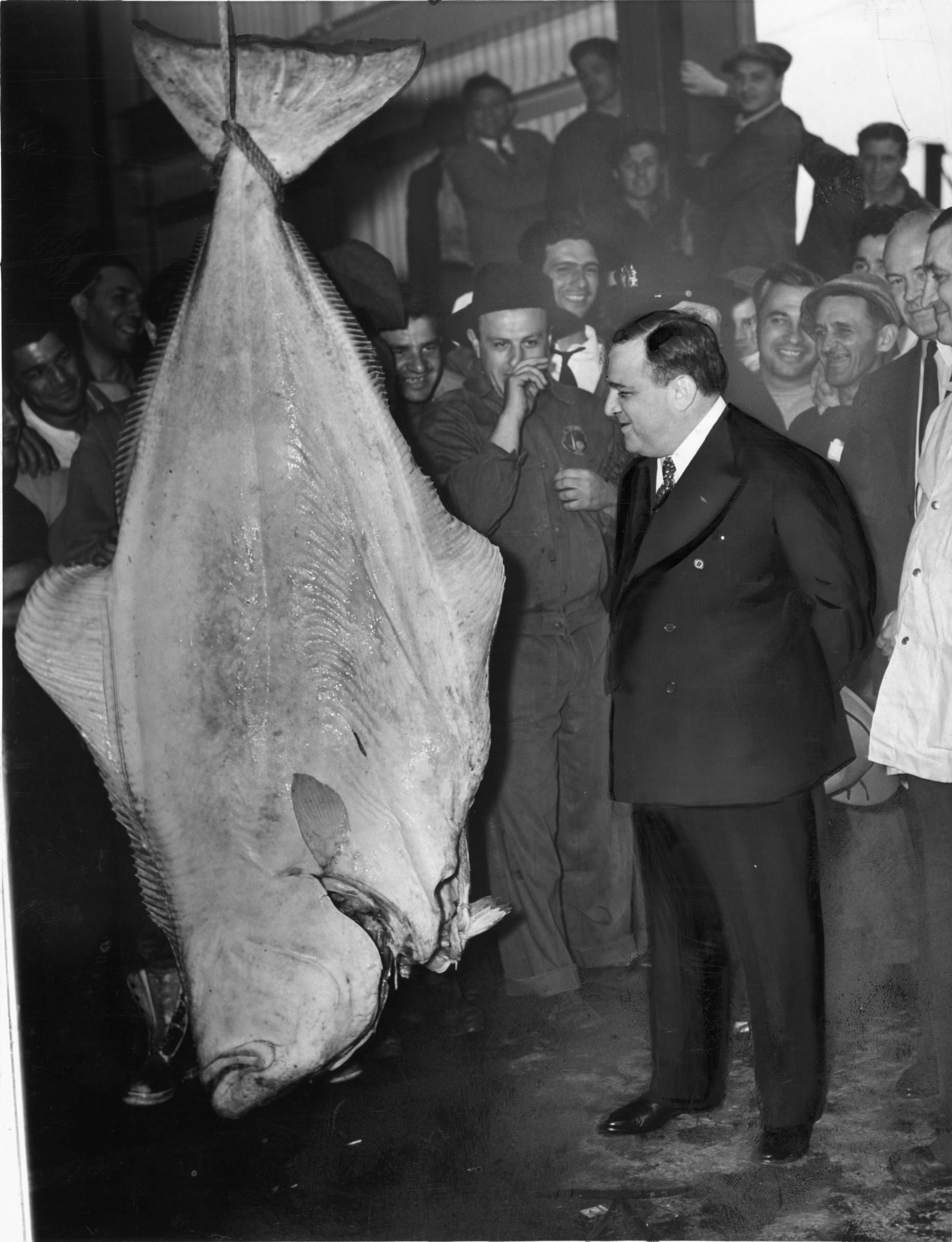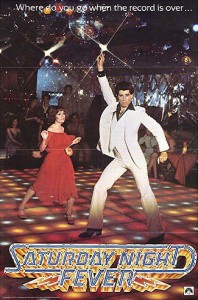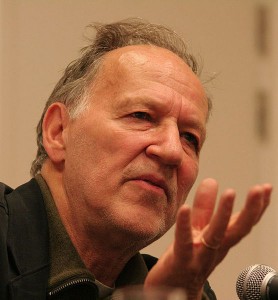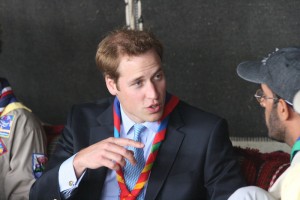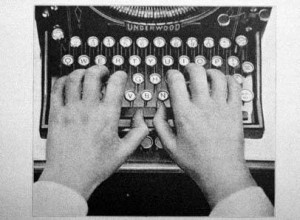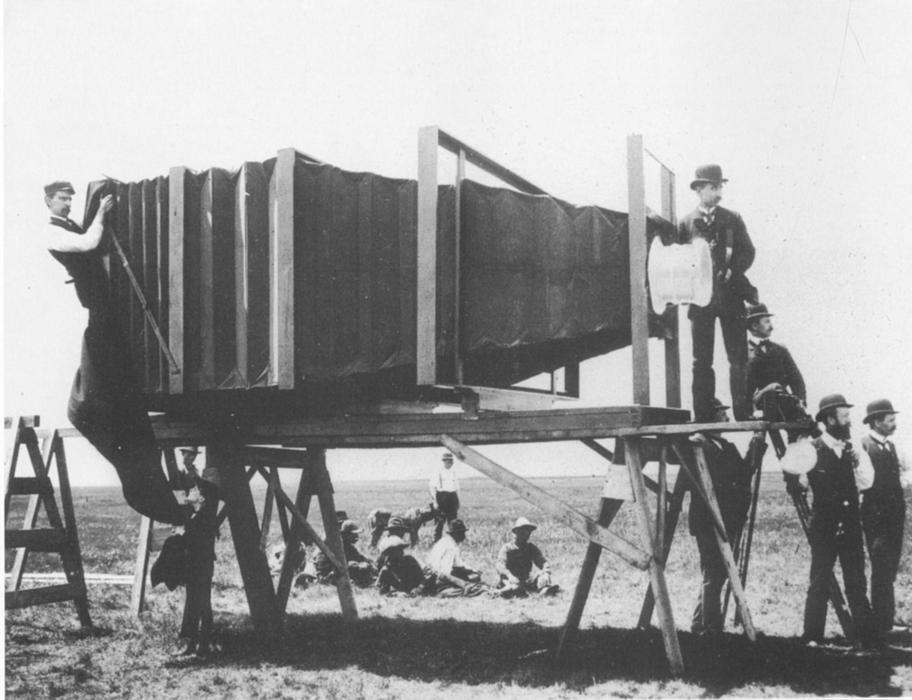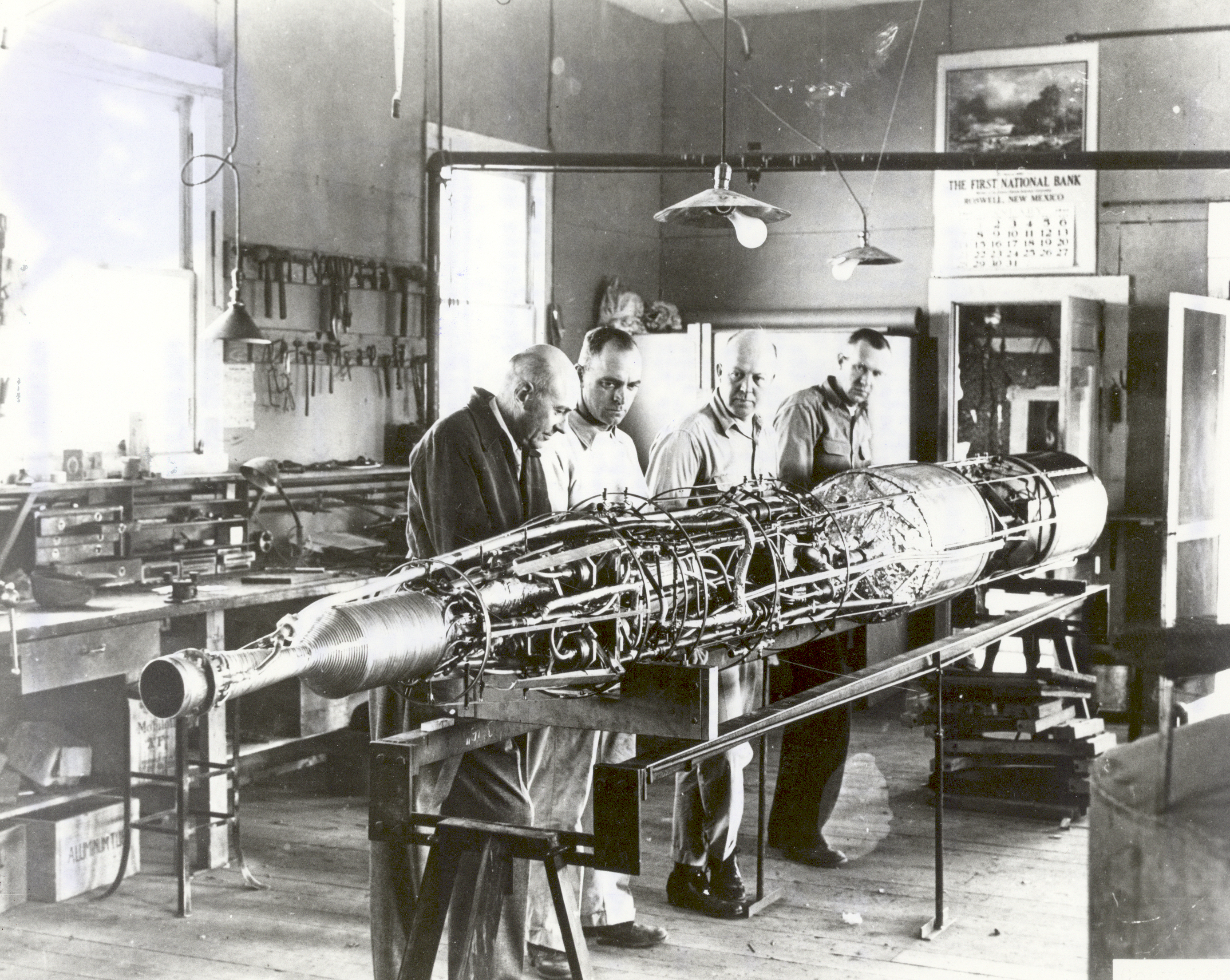The Dainese D-Tec, available this year. (Thanks Reddit.)
From a 2000 Popular Mechanics article about Dainese getting involved with the design of space suits: “Dainese may be known for its luxe motorcycle helmets and leathers, but the Italian company recently displayed two pieces of decidedly futuristic apparel at the 2008 Legend of the Motorcycle Concours d’Elegance.
In anticipation of NASA’s down-the-road Mars landing missions, Dainese has teamed up with MIT for an ambitious project that intends to pressurize an astronaut’s body without the usual bubble of air that creates bulky spacesuits. We’ve seen the suit concept before, but bringing on these bike gurus is just cool—and smart.
Ditching the old-school ‘Moon Man’ image, Dainese’s futuristic space duds feature a fitted design strung with intertwining black-and-gold filaments. It may look like a sleek bodysuit by Armani, but the filaments actually serve a crucial purpose: They run along Lines of Non Extension (LoNEs) on the human body, which according to chairman Lino Dainese ‘remain stationary even when we move. If these points are united,’ he explains, ‘the same pressure is established throughout the body.’
Oddly enough, Dainese insists that this concept of ‘adherent suits’ originated in the 1950s, but was abandoned because prototypes were too stiff. While the suit has been in development for several years, Dainese hopes the suit will be used when NASA finally sets foot on the Red Planet sometime around the year 2030.”



